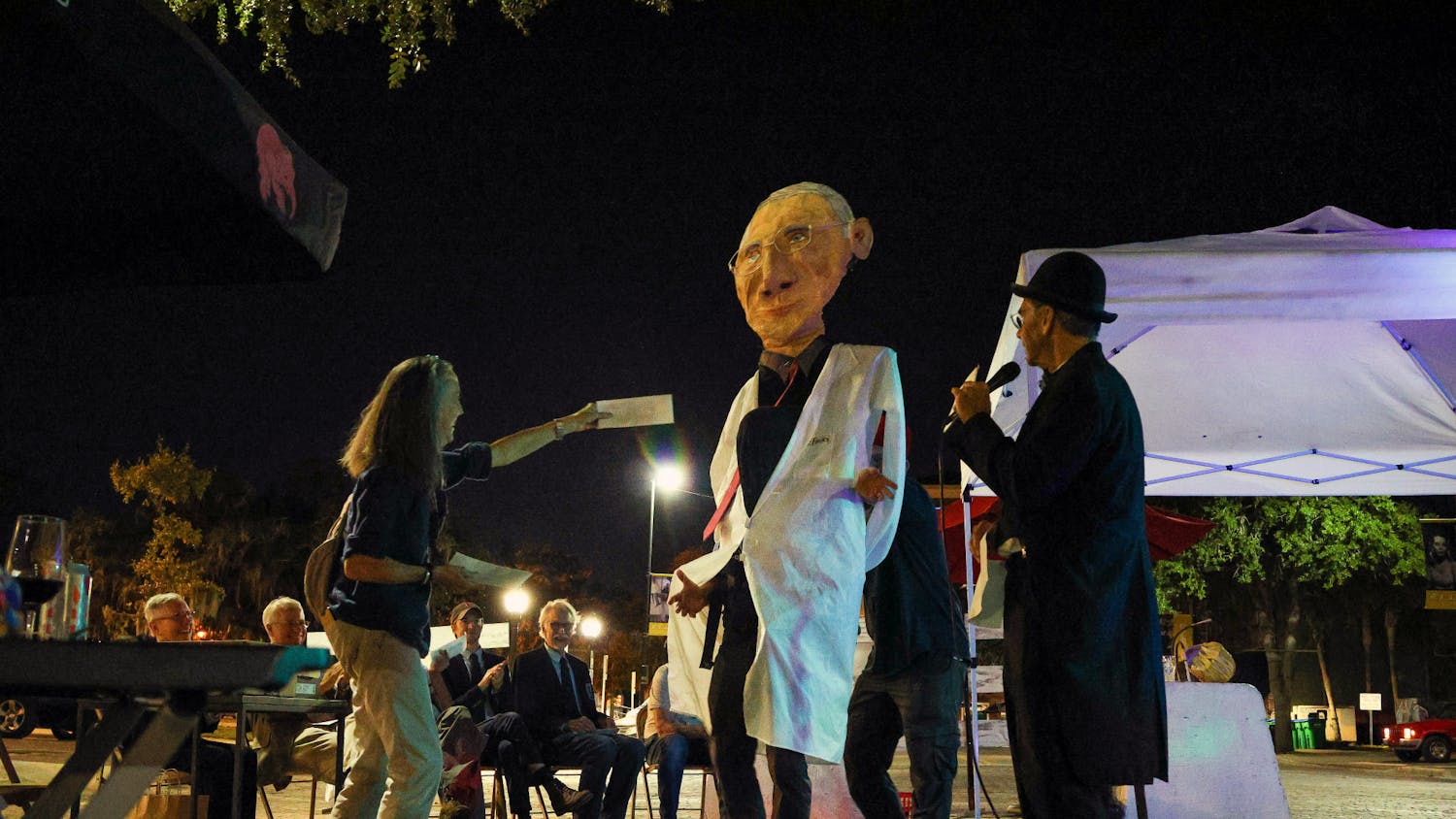As the end of the Summer semester approaches, weeks of hard work are coming to fruition.
Libraries across campus fill with hordes of students. Amid the silence of focus, small hums of conversation focus on lack of sleep, cups of coffee and hours spent studying.
It’s almost a competition. Who took the most credit hours, who did the most extracurricular activities or logged the most hours at work.
Life is a never-ending game of quantity over quality. Our world often focuses on numbers. They define our acceptance into college, whether we move onto the next class and seemingly if we worked hard enough.
Increasingly, life is about quantity over quality. That’s not to say numbers as a form of quantifying work is bad. However, our society seems to take this to an extreme. Sometimes these numbers feel like our worth. Sleeping less and doing more is rewarded in this world that revolves around work.
It’s thought to bring more productivity. More tasks complete. More ideas. More effort. More progress. More money for a company. More job advancements. More and more and more.
But what happens when there’s nothing left to give, like when at the end of the semester students are often sleep deprived and burnt out?
Students should evolve the way they see their work. More isn’t always more.
Working to the extremes of fatigue is dangerous. Numerous articles appear when you look up “overworking.”
Overwork leaves your body run down and low on sleep. This leaves you as an easy target for illness. Stay on campus for a semester, and you can tell when people are getting tired. Everyone is sick.
You’re likely emotionally, mentally and physically exhausted. Overworking can lead to less productivity for this reason. There’s a point when continuing to work or study ceases to be worth the loss of sleep.
Studies on this topic go as far as to find that overwork can even lead to early death. This jarring statement shocked me to my core. Since I was an elementary student, the school system I learned in enforced the reality that more work equals more success. We were made to be test-taking machines, competing against one another for the highest grades and recognition.
I think this is dangerous and needs to change.
I’ve been on the receiving end of burnout. In a particularly tough school year, I was hospitalized four times. I have a chronic illness. Stress and lack of sleep make it worse.
However, in my life, sleeping less and doing more was met with reward, which reinforced the need for my behavior. If I wanted to be successful, I needed to work more — even if it was at the cost of my health.
Even outside of the school system, into college and onto the world of the job market, the same message of working more often permeates.
I think adjustments should be made so people take care of themselves and don’t see time spent away from work as a consequence of more work or less sleep later.
The time between semesters shouldn’t be the only time for sleep.
Sophie Feinberg is a UF journalism junior. Her column comes out Tuesday and Thursday.





